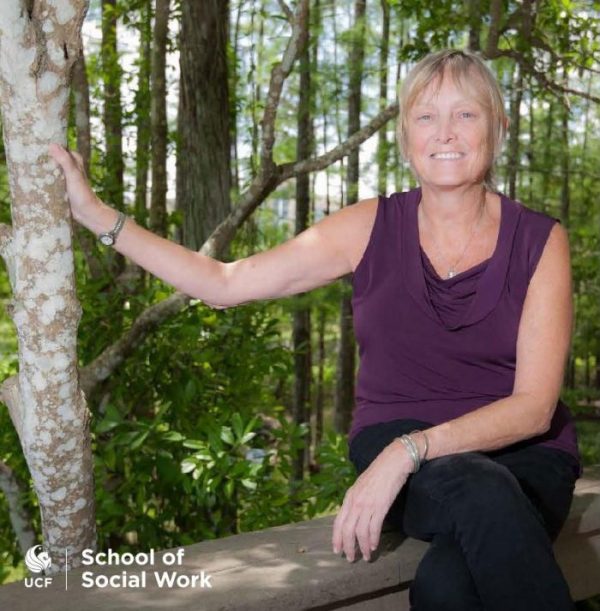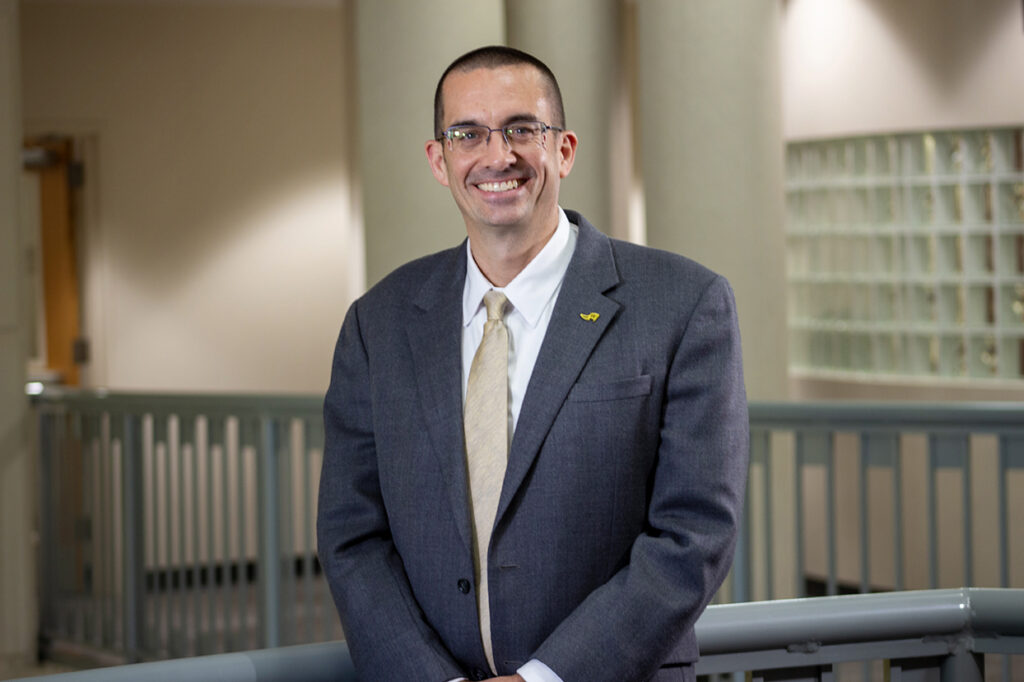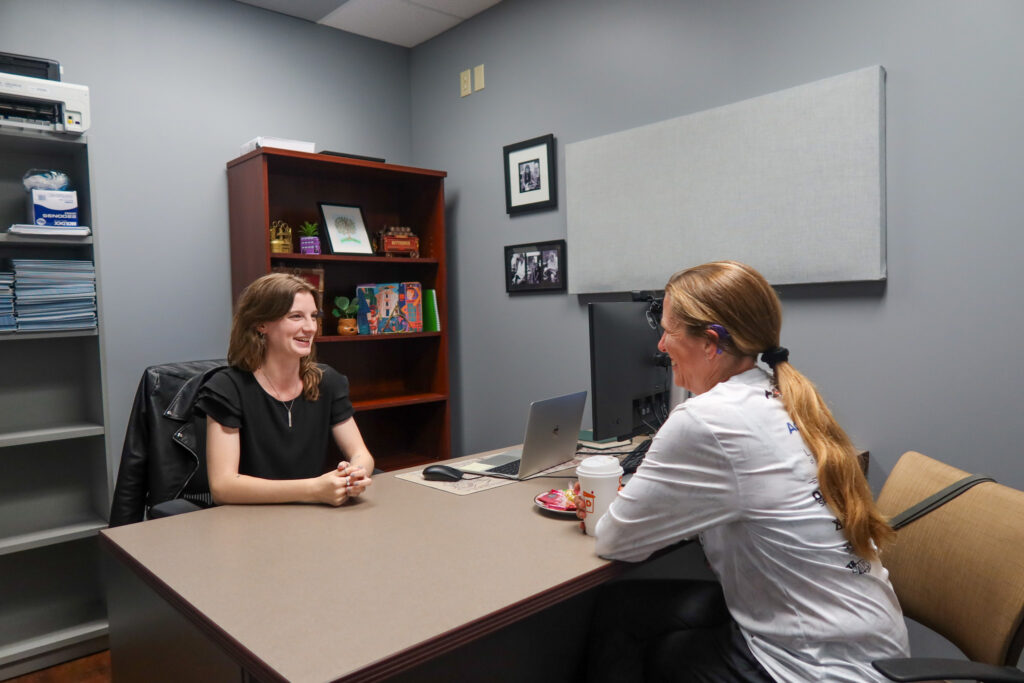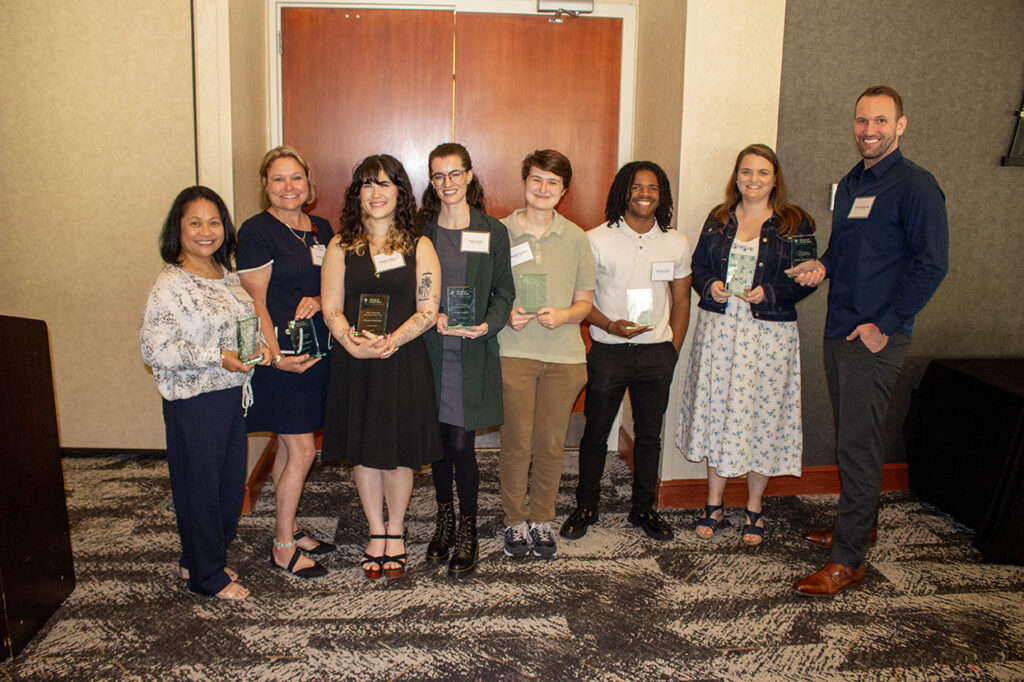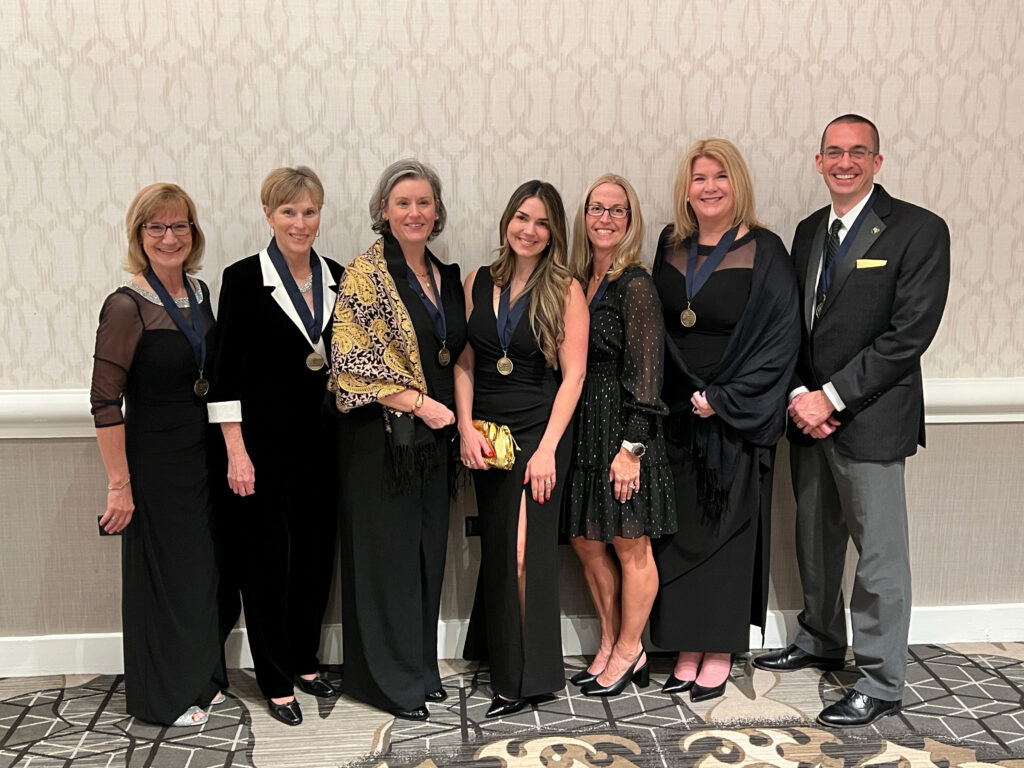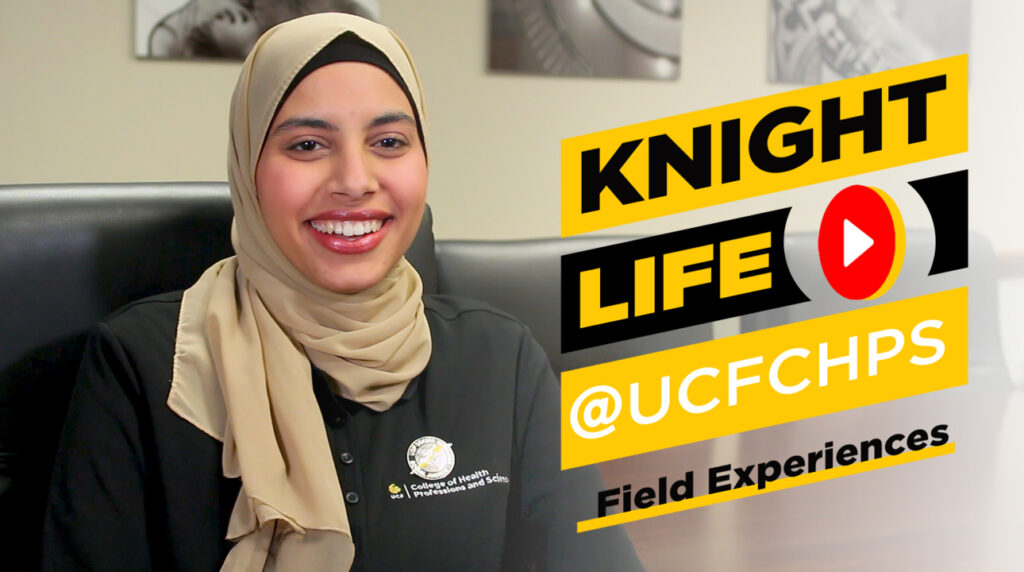Mary Ann Burg, professor in the School of Social Work and a cancer researcher and advocate, has been involved in cancer research since her first post-doctorate job at SUNY-Stonybrook in the ‘80s. There, she worked on a project funded by the National Institutes of Health to investigate higher-than-average rates of breast cancer in the Long Island area.
It was at that time that researchers discovered only one-fourth of women were being screened according to preventative health guidelines. This fueled Burg’s fire to understand why this was happening and who was most affected.
Status Quo for Screenings
Over five years, Burg surveyed approximately 30,000 community members and physicians to discover what portion of the population was getting screened, and what doctors were telling patients about screening guidelines.
Burg found that easy and direct access to mammography eliminated race, income and education disparities in screening rates. Physicians were also less likely to recommend screening for women over 65, or for women who they thought didn’t have insurance.
“Access to screenings was a critical issue and that is still true today,” Burg said. “Access and communication are still major predictors of whether a woman will get screened.”
Causes of Breast Cancer Still Elusive
Screenings are just one tool in the arsenal against breast cancer, Burg added. There is still much work to be done in understanding the cause of the illness.
“We haven’t done much to change breast cancer rates,” Burg said. “We have not discovered how to do primary prevention for breast cancer – 17 percent of breast cancer can be traced to the BRCA gene or to family history. The other 83 percent? We just don’t know.”
What is known, Burg said is though women of color are less likely to get breast cancer, they are more likely to die from it.
Burg also said research studies indicate there is a strong environmental link to breast cancer, but it is difficult to draw a direct line from cause to effect.
“With each new study,” Burg said, “We get closer to understanding what causes breast cancer and how best to continue supporting our survivors.”
And though the exact causes of breast cancer have not been pinpointed, Burg says there has been continued increased awareness about the issue, especially in October. However, Burg says consumers should be mindful that just because an item is pink does not mean that its sales will directly benefit breast cancer, and that it can be difficult to determine how much – if any – of an organization’s pink profits actually support research or survivors.
Burg is a board member for Breast Cancer Action, a nonprofit organization advocating for more research on the environmental links to breast cancer, and whose slogan is “think before you pink.”
Groundbreaking Qualitative Research
Being a breast cancer survivor does not necessarily mean that one’s troubles are over, Burg said. According to her 2015 research based on an American Cancer Society survey, Burg said breast cancer survivors identified more unmet needs than survivors of other types of cancers.
From the 2010 nationwide survey, Burg and the other authors of the research, including Victoria Loerzel from UCF’s College of Nursing, analyzed 1,514 open-ended responses to the question: “Please tell us about any needs you have now as a cancer survivor that ARE NOT being met to your satisfaction.”
Burg said it was the first time that qualitative research had been performed on data from open-ended questions of unmet cancer needs of patients.
There are a variety of reasons for the high rate of unmet needs for breast cancer survivors, Burg said. Fragmented care and communication problems are at the top of the list.
When a breast cancer survivor is declared “cured,” they generally stop seeing their oncologist, and instead are followed by their primary care physician, who may not be familiar with the special needs of breast cancer survivors.
Until the day comes when we have a better understanding of why women develop breast cancer, and the ultimate goal of finding a cure, Burg will continue to work in partnership with other cancer researchers to provide a full picture of the needs of breast cancer patients.
No cancer is entirely preventable, Burg said. “But with reduced exposure to toxins, regular screenings and healthier lifestyles, we can probably reduce the incidence of cancers across the board.”
